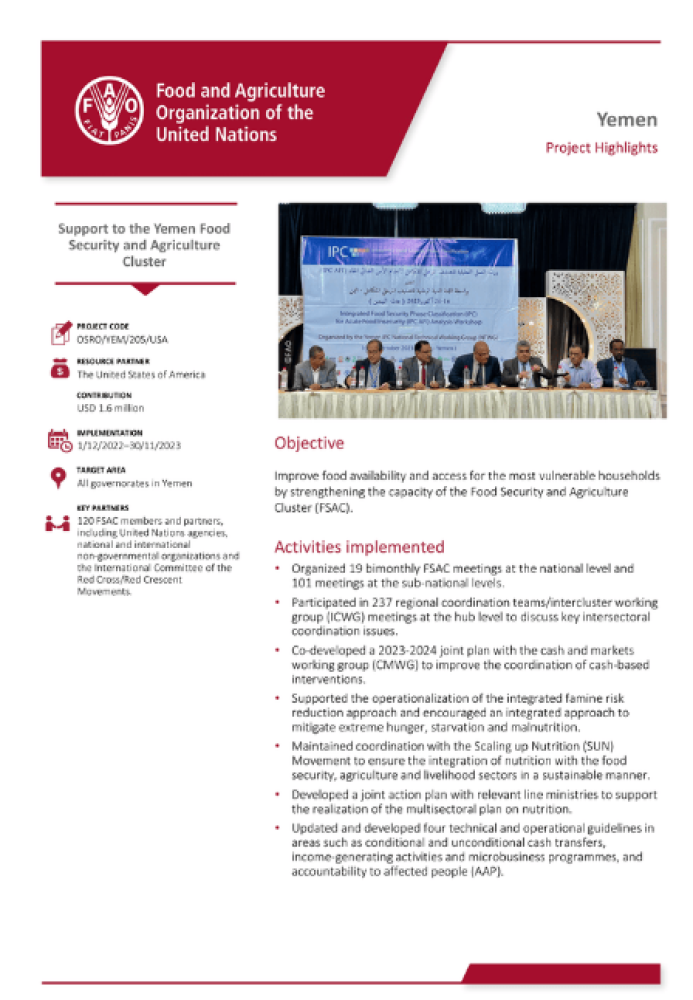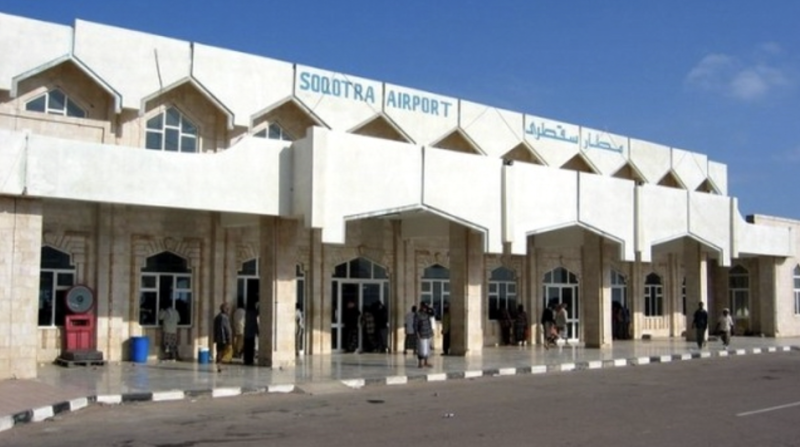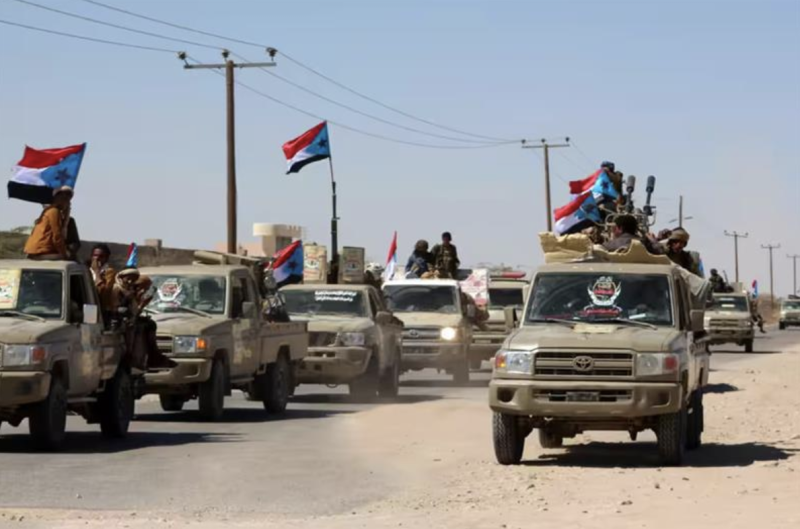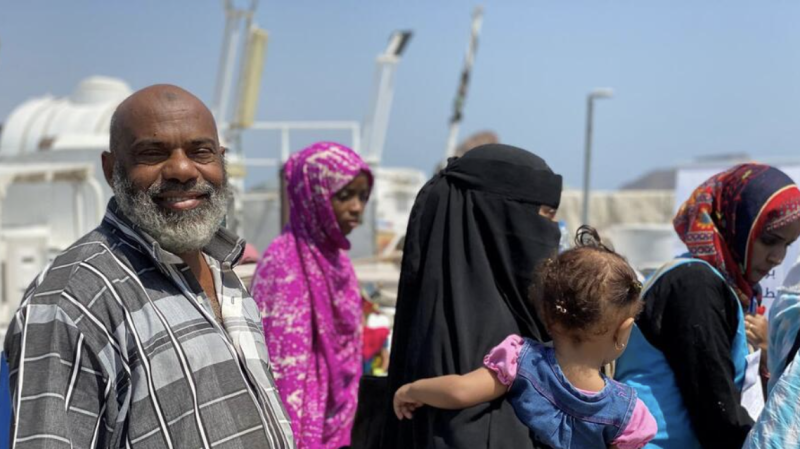Support to the Yemen Food Security and Agriculture Cluster


Objective
Improve food availability and access for the most vulnerable households by strengthening the capacity of the Food Security and Agriculture Cluster (FSAC).
Activities implemented
Organized 19 bimonthly FSAC meetings at the national level and 101 meetings at the sub-national levels.
Participated in 237 regional coordination teams/intercluster working group (ICWG) meetings at the hub level to discuss key intersectoral coordination issues.
Co-developed a 2023-2024 joint plan with the cash and markets working group (CMWG) to improve the coordination of cash-based interventions.
Supported the operationalization of the integrated famine risk reduction approach and encouraged an integrated approach to mitigate extreme hunger, starvation and malnutrition.
Maintained coordination with the Scaling up Nutrition (SUN) Movement to ensure the integration of nutrition with the food security, agriculture and livelihood sectors in a sustainable manner.
Developed a joint action plan with relevant line ministries to support the realization of the multisectoral plan on nutrition.
Updated and developed four technical and operational guidelines in areas such as conditional and unconditional cash transfers, income-generating activities and microbusiness programmes, and accountability to affected people (AAP).
Supported the activation of the Food Security Agriculture and Livelihoods working group, which will support the transition towards long-term development and resilience-building initiatives.
Supported the development of a national humanitarian-development- peace (HDP) nexus approach for Yemen in collaboration with the SUN Movement.
Collected and analysed data on humanitarian food assistance, agriculture and livelihoods from FSAC partners monthly to inform the Integrated Food Security Phase Classification (IPC) analysis in both areas of control of the internationally recognized government (IRG) and Sana’a-based authorities (SBA).
Provided comprehensive technical and operational support to the Food Security and Livelihoods Assessment and the IPC processes.
Trained FSAC partners on the use of the updated 5Ws reporting template and the FSAC dashboard, and revamped the dashboard by including new data and visualization points and introducing interactive features to enhance the comprehensiveness and usability of the analysis.
Disseminated 12 monthly newsletters through the FSAC mailing list and FSAC website on the development of the food security situation in Yemen.
Advocated for increased funding for FSAC partners from resource partners to ensure sustained support for food assistance and livelihood programmes for high-risk population groups and areas with response gaps.
Supported the production of three IPC analyses in IRG and SBA areas of control.
Conducted three IPC acute food insecurity and malnutrition analyses covering 329 districts in Yemen to update the 2024 Humanitarian Needs Overview (HNO) which will feed into response and implementation plans, and communicated them to all stakeholders.
Results
Enhanced coordination and collaboration among FSAC partners at the national and sub-national levels and strengthened intersectoral coordination and collaboration with other clusters, coordination fora and technical working groups.
Contributed to the development of 2023-2025 Yemen Localization Strategy which aims to build back better by transferring power, decision making and leadership to the local communities.
Enabled FSAC partners to access guidelines on implementing context-specific income-generating activities, thereby strengthening livelihood systems and food security.
Established a common understanding of AAP terms among FSAC partners, enabling them to integrate AAP within their agencies and providing practical guidance on mainstreaming AAP throughout the humanitarian project cycle.
Contributed to developing the intercluster protection strategy, strategic pooled funds allocation papers and anticipatory action pilot strategy.
Contributed to the development of flood preparedness and response plans which enhanced the overall effectiveness of the ICWG.
Enhanced the coordination of cash-based interventions, thanks to the development of the 2023–2024 joint work plan with the CMWG.
Contributed to the SUN Movement at the national and regional levels by developing joint action plans to ensure the realization of the Yemen Multisectoral Nutrition Action Plan.
Reinforced the centrality of protection in FSAC responses by providing FSAC partners with practical guidance on mainstreaming AAP throughout the humanitarian project cycle and addressing common challenges.
Contributed to the development of the national HDP nexus guidance for Yemen.
Enabled humanitarian actors to access evidence-based information on food security needs and priorities, thanks to FSAC’s leadership in conducting food security assessments as well as FSAC’s contributions to the development of the HNO, among other strategic documents.
Improved the timeliness, accuracy and quality of the collection and analysis of food security data from FSAC partners as well as the use of the interactive monthly dashboards.
Enabled stakeholders to access the latest reports from key partners on the evolution of Yemen's food security situation through the FSAC website.
Mobilized USD 13.5 million from pooled funds to support high-risk population groups and vulnerable areas with response gaps, thanks to dedicated advocacy efforts.
Succeeded in prioritizing funding for microbusinesses and income-generating activities through pooled fund allocations, heeding a call by vulnerable communities in Yemen to improve income-generating opportunities to reduce reliance on humanitarian food assistance.
Through advocacy efforts, contributed to the prioritization of emergency livelihood assistance in the European Civil Protection and Humanitarian Aid Operations’ 2023–2024 Humanitarian Implementation Plan to generate more evidence on the effectiveness and impact of on and off-farm livelihood projects in improving household income and reducing dependency on humanitarian food assistance.

Socotra — Local residents and maritime sources said the closure of Socotra International Airport has left the Yemeni island almost completely…

Riyadh -- Saudi Arabia said on Thursday that Yemen’s Southern Transitional Council (STC) should return territory seized recently, adding that…

Aden -- The United Nations High Commissioner for Refugees (UNHCR) has reported that more than 53,000 Somali refugees in Yemen have returned to thei…